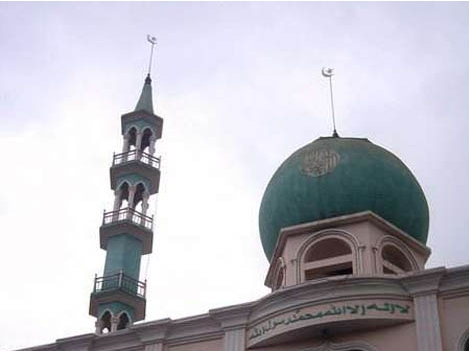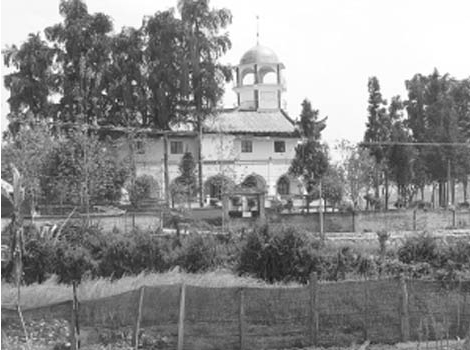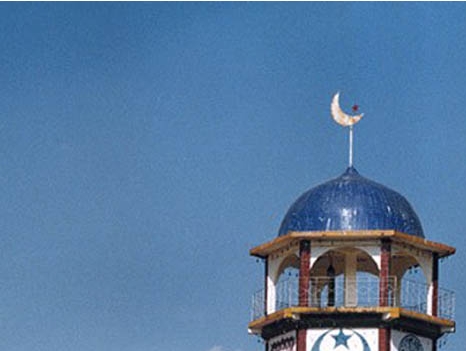They are the pioneer of international trade and the offspring of the caravans of the Hui ethnic group; they often have two names, one in the Hui language and the other in Dai; they can speak Mandarin, Dai and Arabic. They are the Dai-Hui people living in Manluanhui Village, Menghai Town, Yunnan Province.

With bright eyes, Roman nose, clear-cut lines, and open-minded character, they are the Paxi-Dai. Paxi in Dai means Muslim. The Hui and Dai ethnic groups have already been integrated as a result of the rustic lifestyle near the mountain and the river, the intermarriage between Hui and Dai people as well as other changes over the past hundreds of years.

In the period between the late Ming Dynasty and 1950s, the Hui caravans in the north of Yunnan Province transported Puer Tea into India, Laos, Nepal, Bengal and other countries via Menghai. When arriving at Xishuangbanna time and again, the caravans began to form a close tie with the leaders of the local Dai village, and gradually started to marry the Dai women there. During Emperor Tongzhi's reign in the Qing Dynasty, after the loss of the Dali Regime led by Du Xiuwen, head of the insurrectionary army of the Hui ethnic group in Yunnan, many Hui people, at the risk of being killed by the Qing Government, started to seek refuge all around. Some of them came to the place where Manluanhui Village is now.

Converted into Muslims from Buddhists, Dai wives were always committed to their Hui husbands, perhaps because they were attracted by the heroic spirit and resolute fortitude of their husbands as they traveled around the world by themselves. Afterwards, Manluanhui Village started to come into being.
Located in between the mountain and the river, the village is covered by various plants including green grass, fresh flowers, coco trees and palm trees. The first building you will see once entering the village is the mosque, combining the Dai, Arabian and traditional Chinese architectural styles. As the wind blows, leaves and branches in front would swing to and fro; you would see vaguely as if the Huanli House of the mosque were waving and smiling at you out and away.





